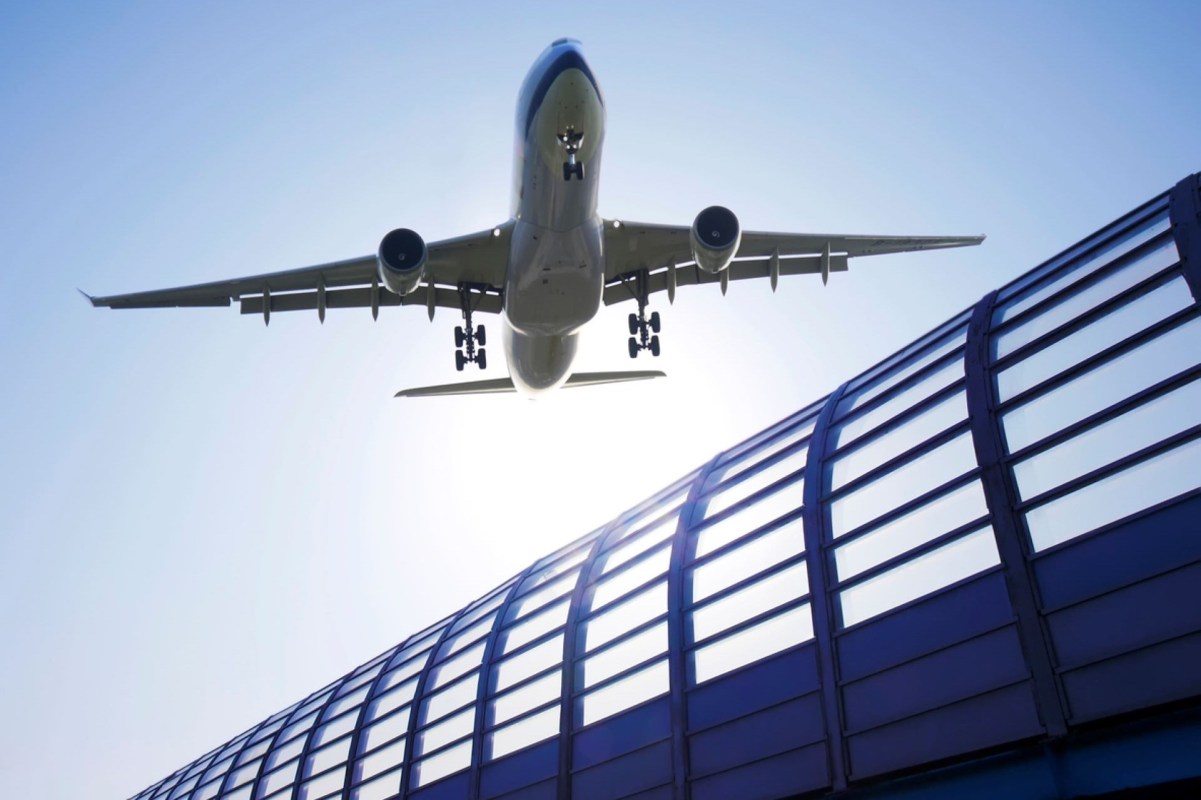Tourists and locals in Spain may soon find themselves traveling by ground instead of air — depending on the length of their trip.
According to Euronews, a proposal passed by Spain's Congress of Deputies in February plans to outlaw short-haul domestic flights in favor of a rail alternative that can cover the same distance in under two and a half hours.
"For most travelers, the impact of this is probably very low," industry analyst Seth Miller told AFAR. "In many cases, airlines are keeping flights in place even on the shorter routes to handle connecting traffic for passengers coming in from overseas."
The legislation, which still requires approval from the Senate to become official, has been in the works since 2021 and closely mirrors the law France implemented last year. Politico added that the restrictions will target flights from Barcelona, Valencia, Alicante, and Seville to Madrid, which are served by airlines like Iberia, Vueling, and Air Europa.
It does exclude connecting flights on international routes at major airports, but it should help Spain reach its climate goals by 2050.
Data from the European Parliamentary Research Service published in April 2021 found that the transportation sector was the largest contributor to Spain's total planet-warming pollution in 2019 at 27%. That year, the country accounted for 9% of all planet-warming gas pollution produced by the EU.
Goals listed in Spain's quest to become carbon-neutral, sustainable, and climate-resilient by 2050 include introducing a frequent flyer tax or an airfare tax based on travel distance.
The Spanish Socialist Workers' Party and the Sumar party have also discussed limiting private jet use and taxing energy products like kerosene, which is used as fuel for planes, per Euronews.
A 2023 study published by Greenpeace found that Spain ranked fourth in private jet flights among members of the EU at 45,633 flights in 2022, and private jets departing the nation generated 268,853 tons of carbon. That production of the planet-warming gas was a 92% spike from the previous year and equivalent to the annual average carbon pollution of 162,567 cars.
Detractors of the plan point to France, as their measures have been negligible in curbing carbon pollution thus far. Should enough countries adopt similar policies, though, that may soon change.
TCD Picks » Upway Spotlight
💡Upway makes it easy to find discounts of up to 60% on premium e-bike brands
"Being the first to implement a policy like this comes with notable risks. But with France and now Spain pushing short-haul travel toward trains rather than planes, it can help other governments see that a shift is possible, and without catastrophic side effects," Miller told AFAR.
Join our free newsletter for cool news and actionable info that makes it easy to help yourself while helping the planet.













